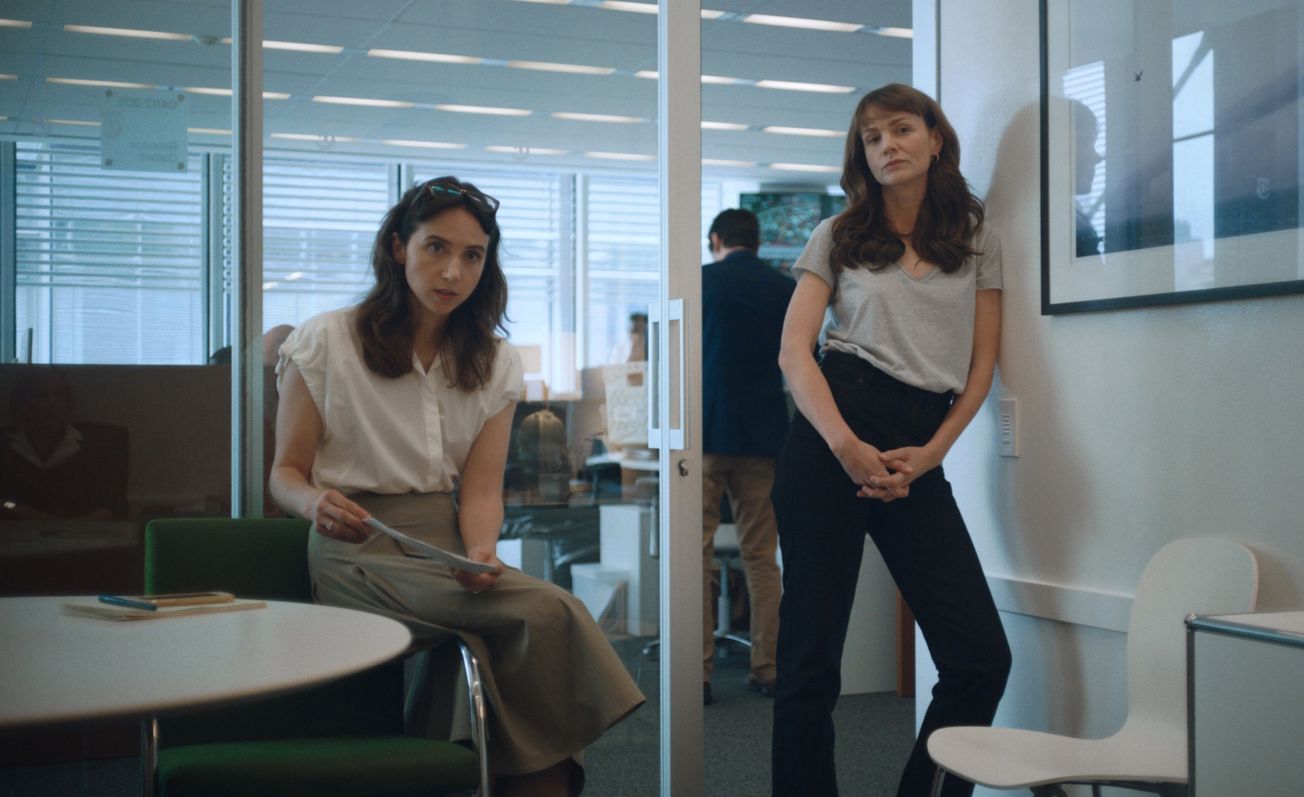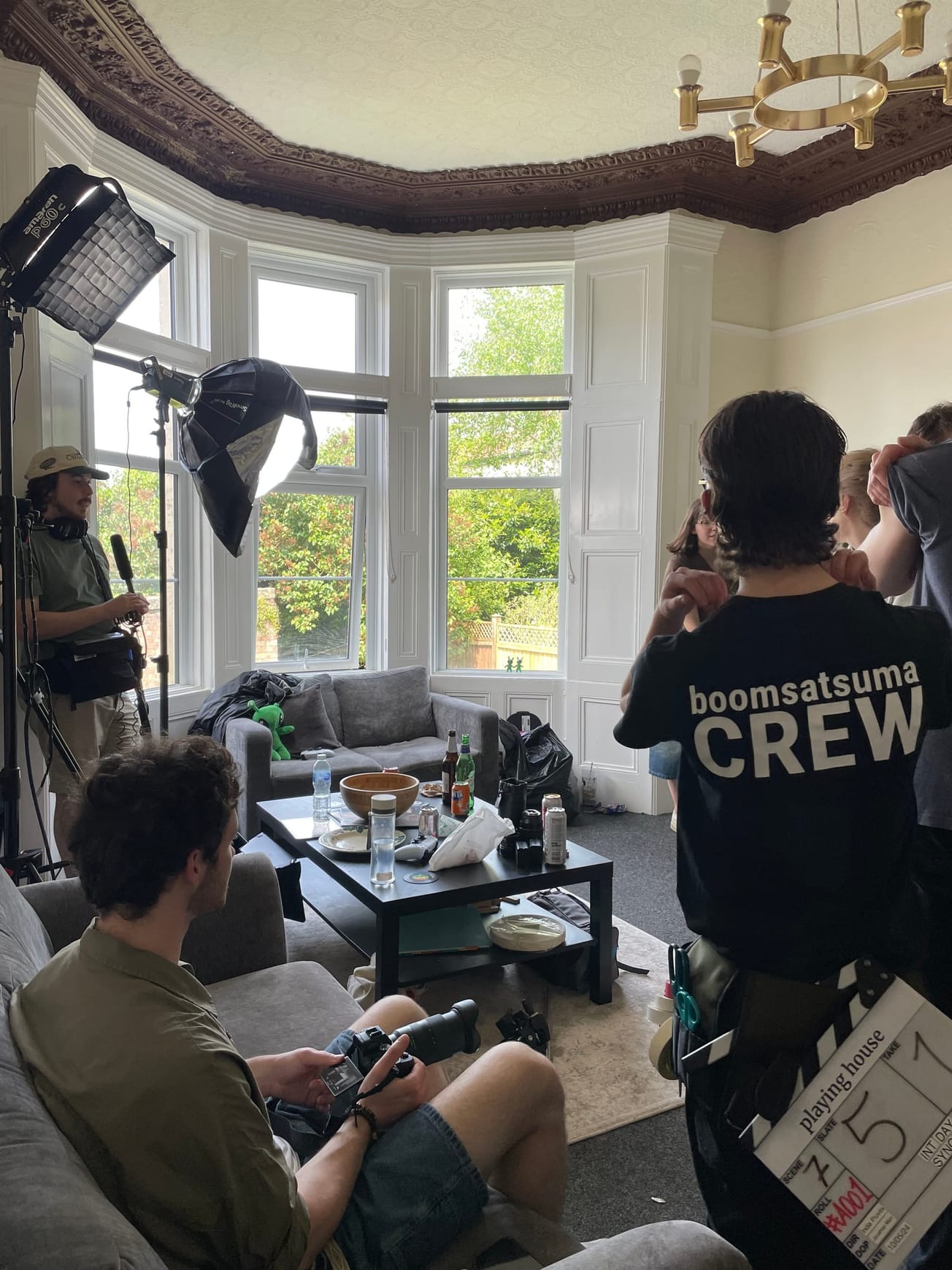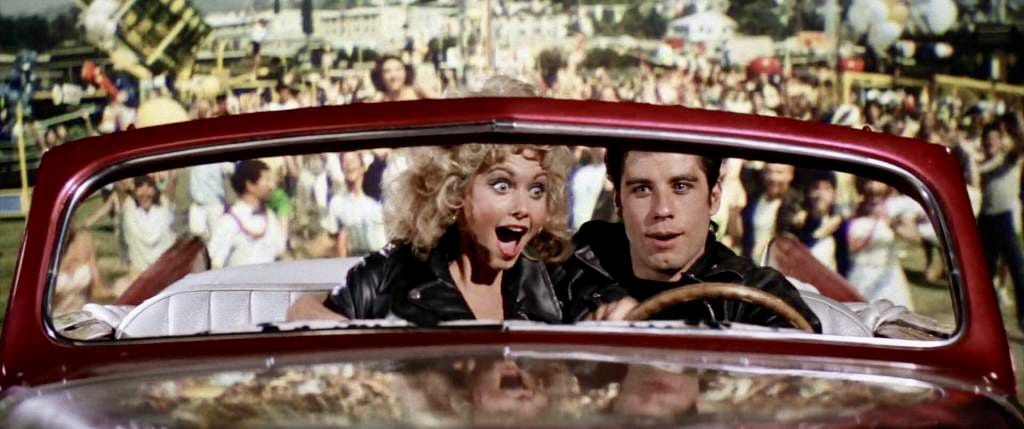By Isabelle Blakeney, English & History, Second Year
For some, She Said has been a long-awaited memorialisation of the crimes of Harvey Weinstein and those that facilitated his behaviour. To others, it marks yet another media money-grab, profiting off recent trauma. Regardless, this new dramatization of Hollywood’s systematic abuse doubtlessly made a mark in Hollywood if nowhere else, as, despite critical acclaim, it has been a box office flop.
Going into it, I had a few concerns. Though it was released to coincide with Weinstein’s ongoing Los Angeles trial, the film’s production ran the risk of memorialising a conversation that is still ongoing. In fact, Weinstein’s legal team did claim the film would cause bias.

Furthermore, the film’s star-studded cast with Carey Mulligan and Zoe Kazan in leading roles, and Ashley Judd’s appearance as herself, threatened to make a spectacle of a story of pain and anguish. With recent examples in the likes of Blonde (2022) and Dahmer (2022), the ethics of indulging in ‘trauma porn’ is becoming an increasingly relevant conversation.
But, rather impressively, under dir. Maria Schneider’s direction, She Said did none of that.
The film does not attempt to profit off shock and anguish, in fact, it barely focuses on the crimes themselves. It instead follows the story of the two New York Times journalists who wrote the exposé, Jodi Kantor (Zoe Kazan) and Megan Twohey (Carey Mulligan), and their fight against a system built against them.

Opening with perhaps the most dramatic scene of the film, in which a tearful young woman runs through a narrow London street in the wake of a traumatic incident, the film had the potential to have gone more down the lines of Inventing Anna (2022) than Spotlight (2015) in its portrayal of investigative journalism.
But, by cutting to Trump’s election win despite his assault allegations, viewers are instantly hit with the pain, heartbreak, and feeling of helplessness that the film explores.
We are taken through the journey of interviews and meetings with Weinstein’s victims and witnesses, interspersed with flashbacks to the lead up and aftermath of the crimes. The formation of a fear culture both in Hollywood and the media conveys the extent to which the patriarchal systems were made to seem untouchable.
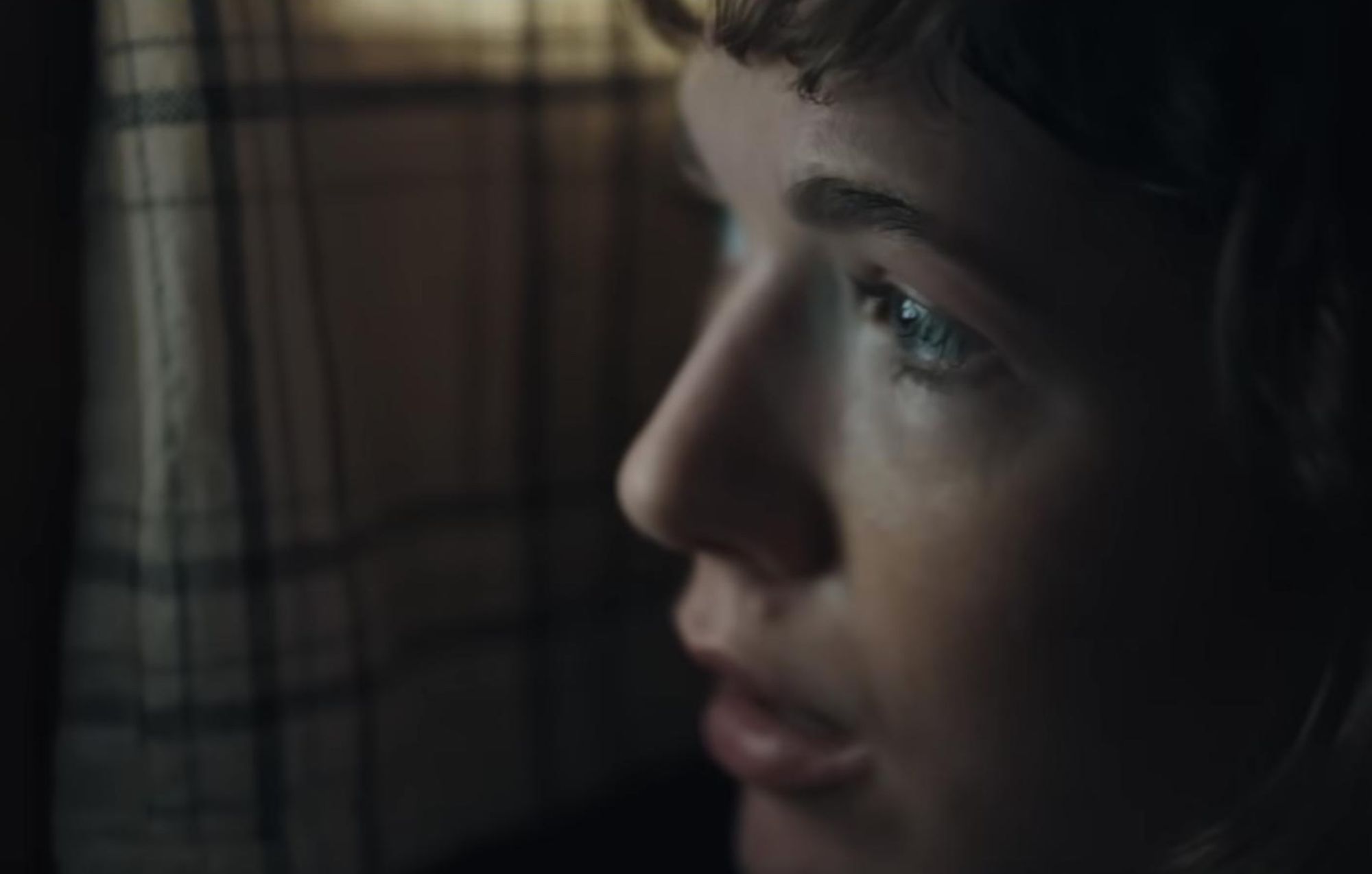
Each anecdotal experience is dealt with sensitively and personally, and the film’s culmination is the evidence of pay-outs and Ashley Judd and Laura Madden’s agreeing to go on the record. These points of climax are not met with fireworks but instead exhaustive relief.
Whilst some viewers felt that this created a lack of momentum, a fast-paced, action filled portrayal would have been inauthentic and insulting. The story is not one of action - it is one of decades of forced submission and feelings of helplessness. Rebecca Lenkiewicz’s screenplay delicately embodies these emotions, and Mulligan’s and Kazan’s on-screen duo impeccably portray both the fear and determination involved in fighting a powerful system that has been allowed to go unchecked.
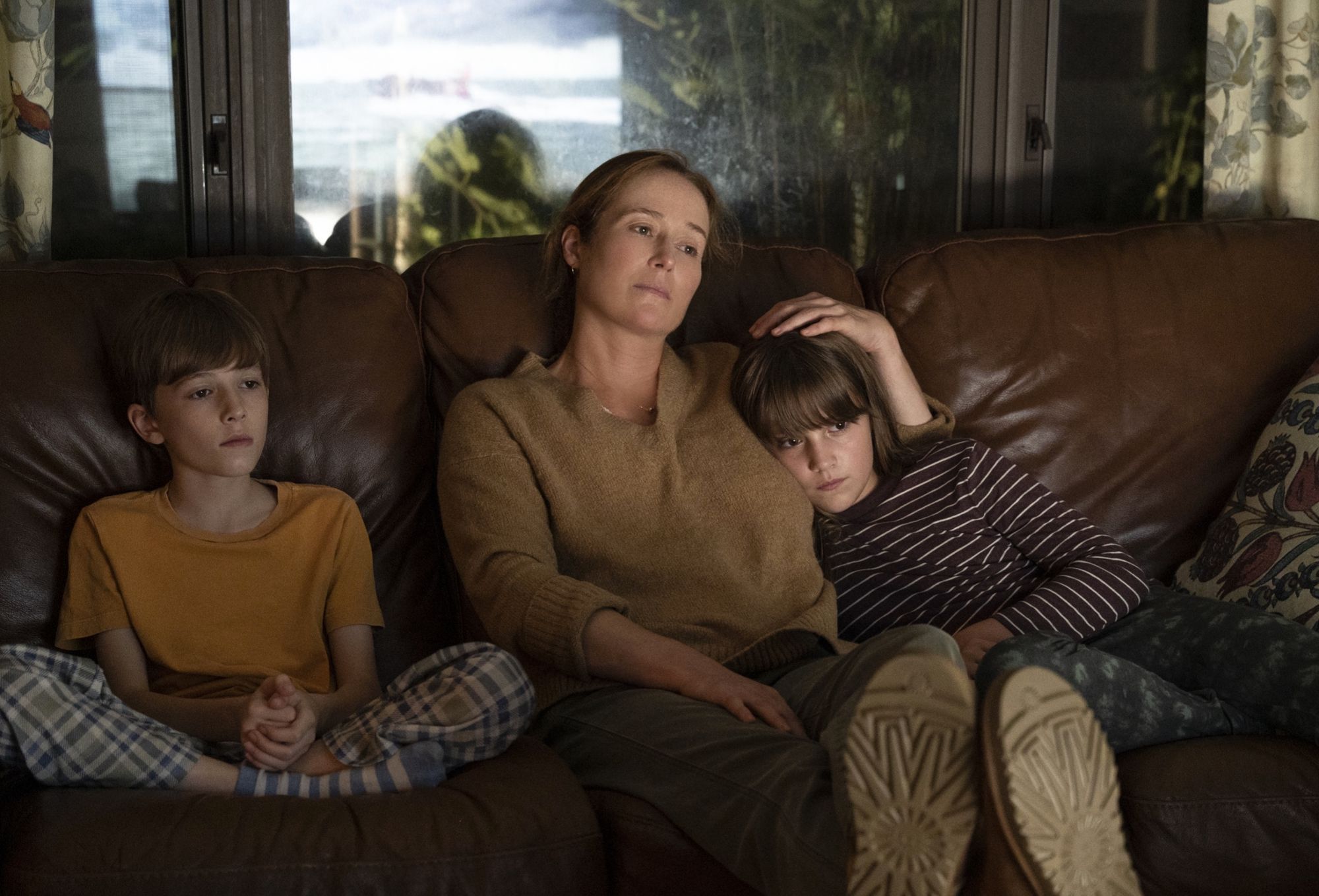
Samantha Morton as Zelda Perkins and Jennifer Ehle as Laura Madden give understated but gut-wrenching displays of pain and anger, communicating the feeling of being exploited, silenced, and coerced by both Weinstein and Miramax as a company.
An admirable decision by dir. Schneider was to not include imitations of recognisable faces that would distract from the story. Other than Ashley Judd’s frank account of her own experience that gave the dramatization a harrowing personal touch, both Gwyneth Paltrow and Rose McGowan appeared through voice recordings only.
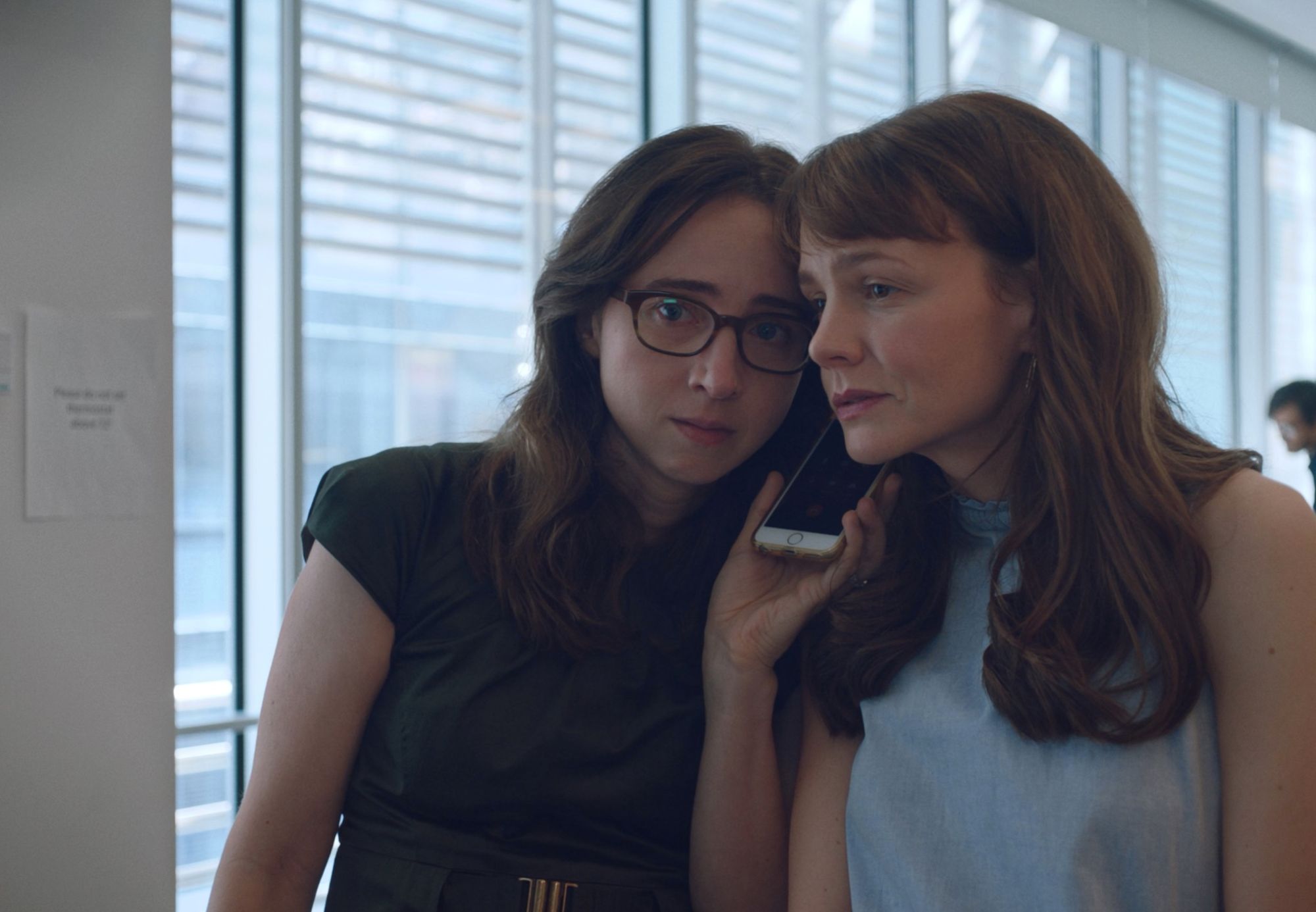
The film’s only pitfall was the inclusion of an arguably unnecessary scene featuring the back of Weinstein’s head. Having been taken on an emotional rollercoaster, the sudden awareness of a director's choice to not show his face became apparent and inadvertently distracted from my immersion.
But, ultimately, She Said gives a raw, emotional, on-screen insight into the inner workings of the exposé that triggered the global #MeToo movement. Shock factor is not a driving force - it’s not a story of the good guys taking down a villainous Weinstein; it’s not a full stop in a story that is still ongoing. Instead, it lets audiences into the emotional gravity of fighting against those with so much money and power, that winning, at times, seems unfeasible.

Rather than portraying Weinstein’s downfall as a battle that has been won, it has re-sparked a conversation on systematic, heteropatriarchal abuse, both in Hollywood and in the wider workplace. She Said is a critical reminder that the struggle must continue.
Featured Image: Courtesy of Universal Studio on IMDB
What did you think of She Said being released at the same time as Weinstein's court trial?

